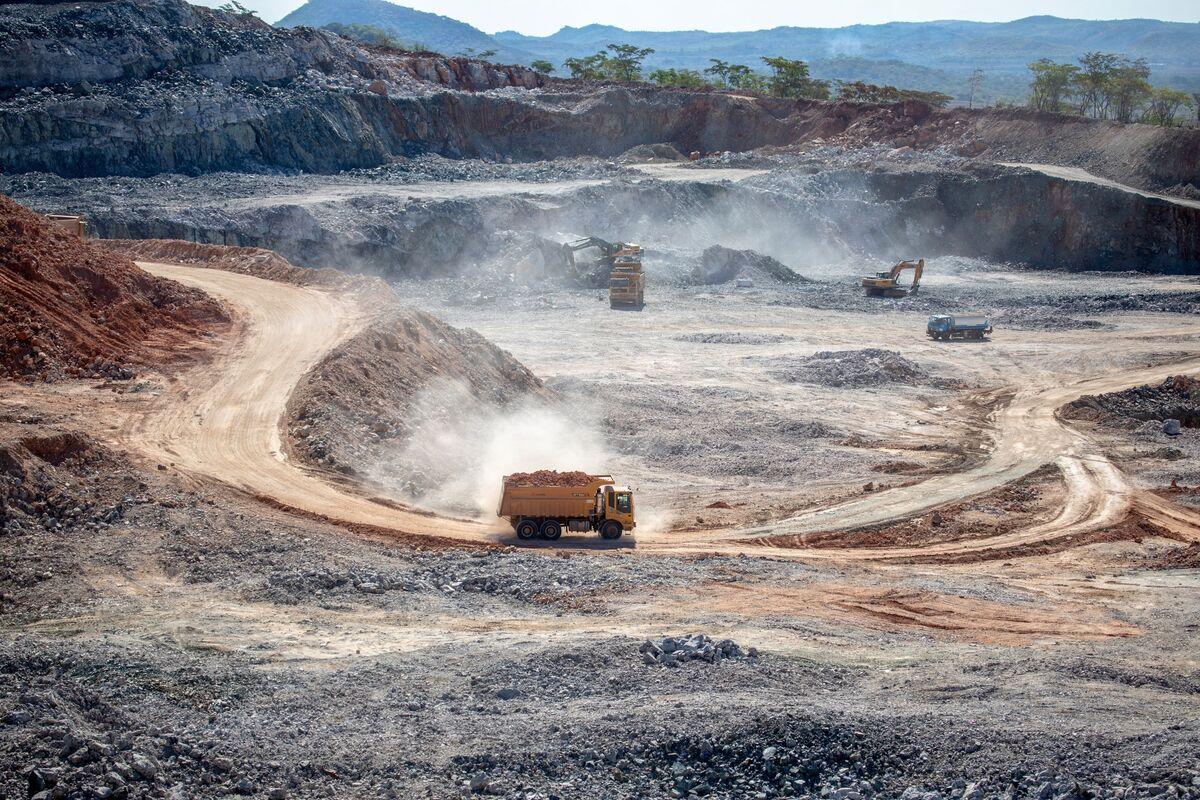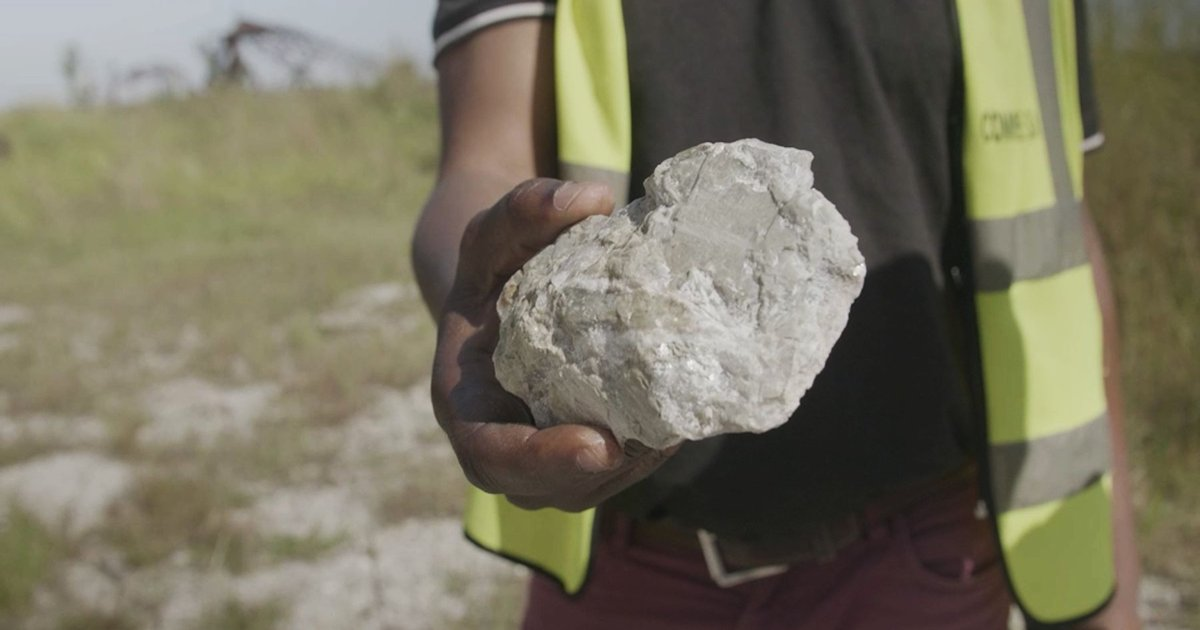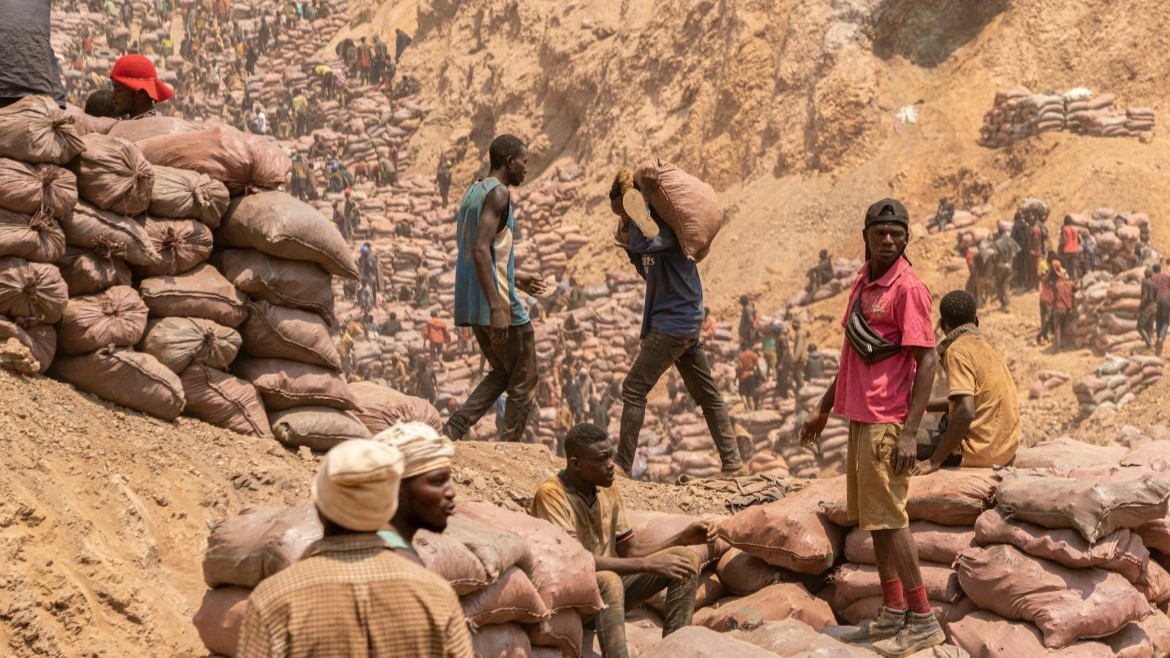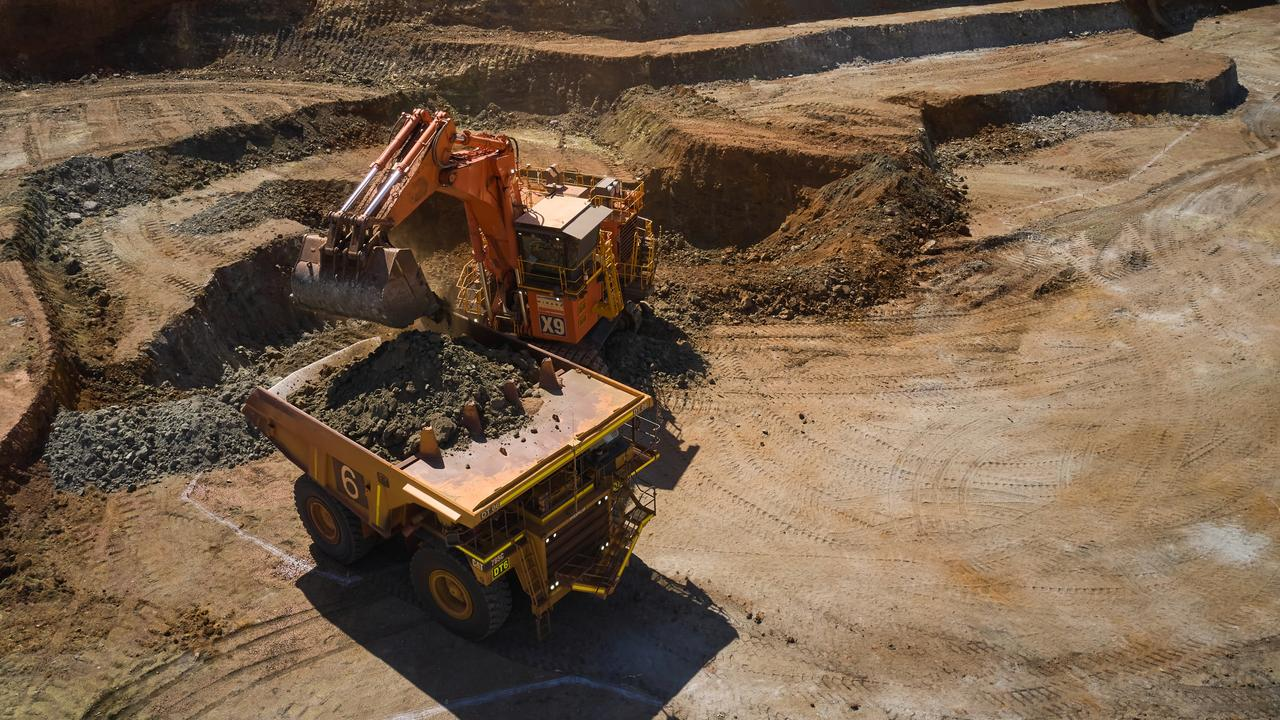The Lithium Rush – Zimbabwe and Namibia Emerging as the New Frontiers for Green Minerals

Southern Africa’s Chasing the Lithium Dream
So, the world’s ditching oil and gas, and suddenly lithium is the new celebrity mineral. Forget gold or oil, we’re talking about the magic dust that makes your Tesla go vroom and keeps your phone alive during group chats. And, guess what? Southern Africa—especially Zimbabwe and Namibia—is jumping into the spotlight.

Zimbabwe’s Lithium Glow-Up
Zimbabwe used to be all about gold and platinum—now it’s lithium mania. Places like Bikita, Arcadia, Kamativi... you drop those names in a mining investor meeting and people start drooling. Bikita Mine alone? Over 10 million tons of lithium ore lie dormant in the ground, waiting to be scooped up. And before you can even blink an eye, someone finds more. China’s not wasting time. Big names like Sinomine and Huayou Cobalt have thrown crazy money at these mines—hundreds of millions, easy. They’re promising jobs, cash, all that jazz. But, honestly, locals have seen this movie before: foreign companies roll in, haul out the shiny stuff, and the communities barely get crumbs. Déjà vu, anyone?
The Government’s “Not This Time” Move
This time, Zimbabwe’s politicians are trying to play it smart. In 2022, they basically said, “Nope, you’re not taking raw lithium out of here.” Fast forward to 2025, and they're squeezing the noose tighter still by looking to prohibit lithium concentrate exports by 2027. The whole point? Force companies to process and refine lithium inside Zimbabwe, instead of just yanking it out and sending it overseas for someone else to make the big bucks.
They’re dreaming big: more factories, more jobs, maybe even a local battery industry. If it all works out, Zimbabwe could end up cranking out something like 11% of the world’s lithium carbonate. That’s... kind of insane compared to where they are now.
But, yeah, there’s always a “but.” Power cuts are a hassle, the roads and infrastructure are questionable, and mining's not so nice to the planet. And little miners are getting pinched by the big boys. So, while everyone's all thrilled about lithium, there really is an actual fight about who's going to actually profit—and who gets left holding the bag."
Namibia’s kinda the new kid on the lithium block, but don’t sleep on them—they’re catching up fast. Everyone used to talk about Namibia for diamonds and uranium, right? Now it’s all about that battery mineral buzz—lithium, graphite, tantalum. Feels like the country’s in the middle of a glow-up, trying to pivot from old-school mining to something way more 21st-century. Batteries, baby. Gotta keep up with the world if you want a slice of that green energy pie.
So, what’s actually happening on the ground? The Uis project out in Erongo is where Andrada Mining’s basically turning a dusty old tin mine into a lithium hotspot. Kind of wild—one day you’re tin, next day you’re high-tech. Then there’s the Karibib project, which is going after the really pure lithium stuff that people want for export (and, let’s be real, for making those fancy electric cars everyone’s obsessed with).

And, look, Namibia isn’t just winging it. They’ve got political stability (which is kind of a flex in this part of the world), a solid port at Walvis Bay to ship stuff out, and a government that’s actually thinking ahead. Their “Green Industrialisation Blueprint”—sounds fancy, but basically means they want to do more than just dig rocks out of the ground. They want to turn that lithium into battery-grade chemicals right there at home, not just ship it off for someone else to make the big bucks.
Policy-wise, they’re not messing around. Just like Zimbabwe, Namibia recently dropped the hammer on exports of raw lithium and other minerals. “Keep the value in the country!” is the vibe. Investors love it—especially the Europeans, who are always looking for stable partners these days, what with all the global drama around resources.
Building those processing plants? Super expensive. There aren’t enough skilled workers, and everyone’s fighting for a chunk of investment money. But honestly, Namibia’s got a good rep—transparent, solid environmental standards, not a lot of the shady business you hear about elsewhere. If anyone’s gonna set the standard for “green” mineral development in Africa, it could be them.
If they pull it off, Namibia’s not just gonna be another exporter. They could end up running the show in Africa’s clean-tech supply game. That’s not just good for them—it’s kinda huge for the continent.
Promise, Pressure, and the Global Stakes
This lithium gold rush in Zimbabwe and Namibia? It’s not just about people digging up rocks for the fun of it—there’s a whole global scramble going on for the stuff that makes our Teslas and grid batteries tick. And with China basically running the battery game, everyone else is scrambling for a backup plan. Enter: Africa, sitting on a treasure chest of minerals that everyone suddenly wants.
The thing is, Africa’s not just playing the same old game this time. Instead of just shipping out chunks of raw lithium and waving goodbye to all the real profits, countries are starting to wise up. They’re talking about building up their own industries, actually processing the goods at home. Finally, right? It’s a shift from just being the world’s warehouse.
But hey, let’s not pretend it’s all sunshine and rainbows. Prices could drop, and if that happens, a lot of these shiny new projects might fall flat. And the infrastructure—man, sometimes the power cuts out right when you need it most. Not exactly ideal for running high-tech processing plants. Plus, if the government doesn’t keep a tight grip, you get the usual mess: trashed environments, communities uprooted, and a whole lot of promises that end up meaning nothing.

Also can’t forget about the money piece. A ton of the cash pouring in is Chinese, and sure, that gets things moving. But it also means you’re dancing with the devil a bit—debt, strings attached, deals that sometimes leave locals with crumbs. If this is gonna work out, it needs way more transparency, better deals for communities, and some grown-up environmental rules.
So, what’s at stake? If Zimbabwe and Namibia can pull this off—get the processing, the power, the regulations, all that jazz—they could totally flip the script. We’re talking Africa as a real player in the global green economy, not just a pit stop on the supply chain. It’s a shot at powering the world and kickstarting their own economies, not just someone else’s.
Bottom line: this lithium rush isn’t just about mining. It’s a shot at a fairer, greener future. Or, you know, another case of history repeating itself—depends on who’s steering the ship.
You may also like...
Bundesliga's New Nigerian Star Shines: Ogundu's Explosive Augsburg Debut!

Nigerian players experienced a weekend of mixed results in the German Bundesliga's 23rd match day. Uchenna Ogundu enjoye...
Capello Unleashes Juventus' Secret Weapon Against Osimhen in UCL Showdown!

Juventus faces an uphill battle against Galatasaray in the UEFA Champions League Round of 16 second leg, needing to over...
Berlinale Shocker: 'Yellow Letters' Takes Golden Bear, 'AnyMart' Director Debuts!

The Berlin Film Festival honored
Shocking Trend: Sudan's 'Lion Cubs' – Child Soldiers Going Viral on TikTok

A joint investigation reveals that child soldiers, dubbed 'lion cubs,' have become viral sensations on TikTok and other ...
Gregory Maqoma's 'Genesis': A Powerful Artistic Call for Healing in South Africa

Gregory Maqoma's new dance-opera, "Genesis: The Beginning and End of Time," has premiered in Cape Town, offering a capti...
Massive Rivian 2026.03 Update Boosts R1 Performance and Utility!

Rivian's latest software update, 2026.03, brings substantial enhancements to its R1S SUV and R1T pickup, broadening perf...
Bitcoin's Dire 29% Drop: VanEck Signals Seller Exhaustion Amid Market Carnage!

Bitcoin has suffered a sharp 29% price drop, but a VanEck report suggests seller exhaustion and a potential market botto...
Crypto Titans Shake-Up: Ripple & Deutsche Bank Partner, XRP Dips, CZ's UAE Bitcoin Mining Role Revealed!

Deutsche Bank is set to adopt Ripple's technology for faster, cheaper cross-border payments, marking a significant insti...
